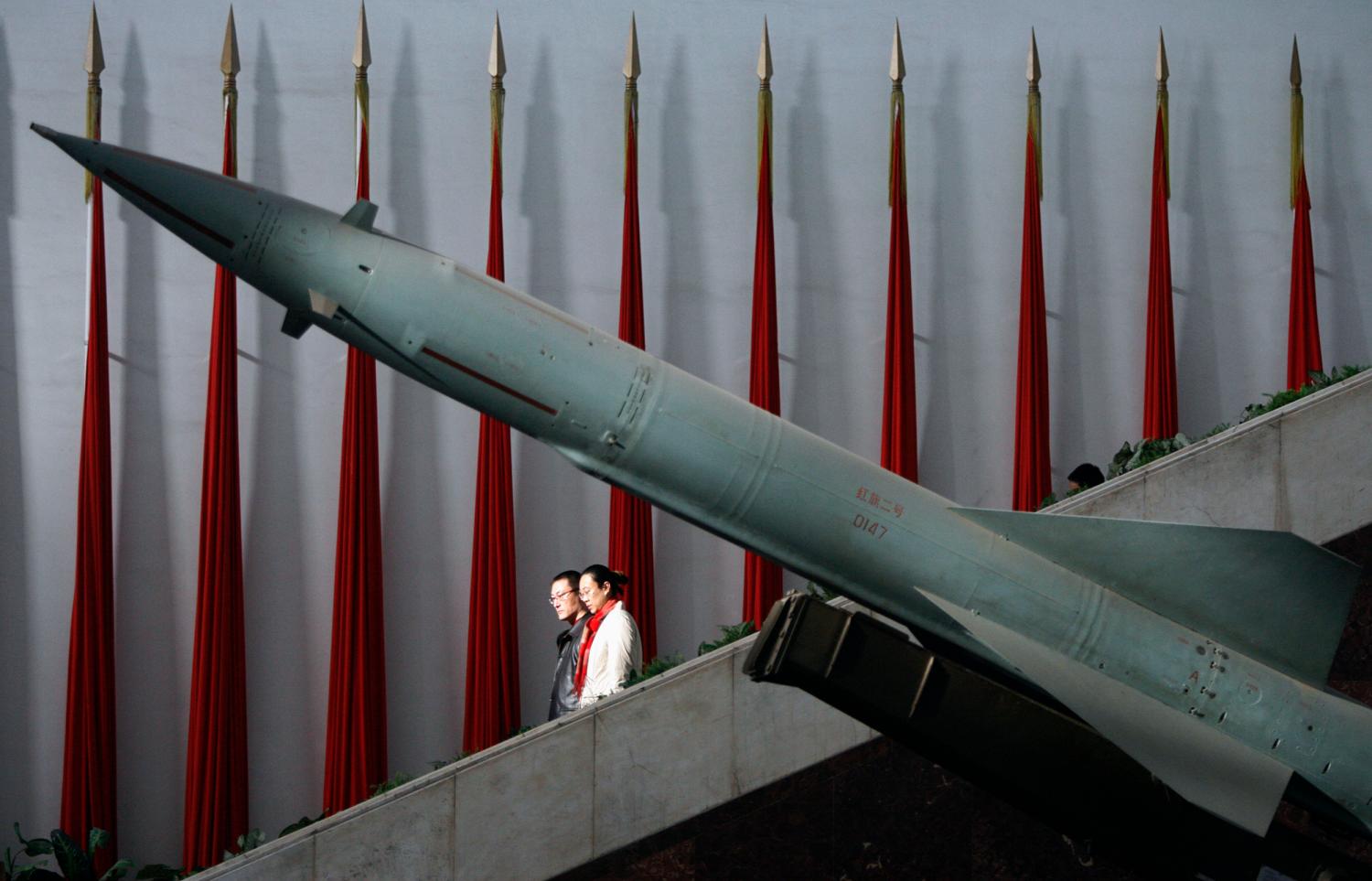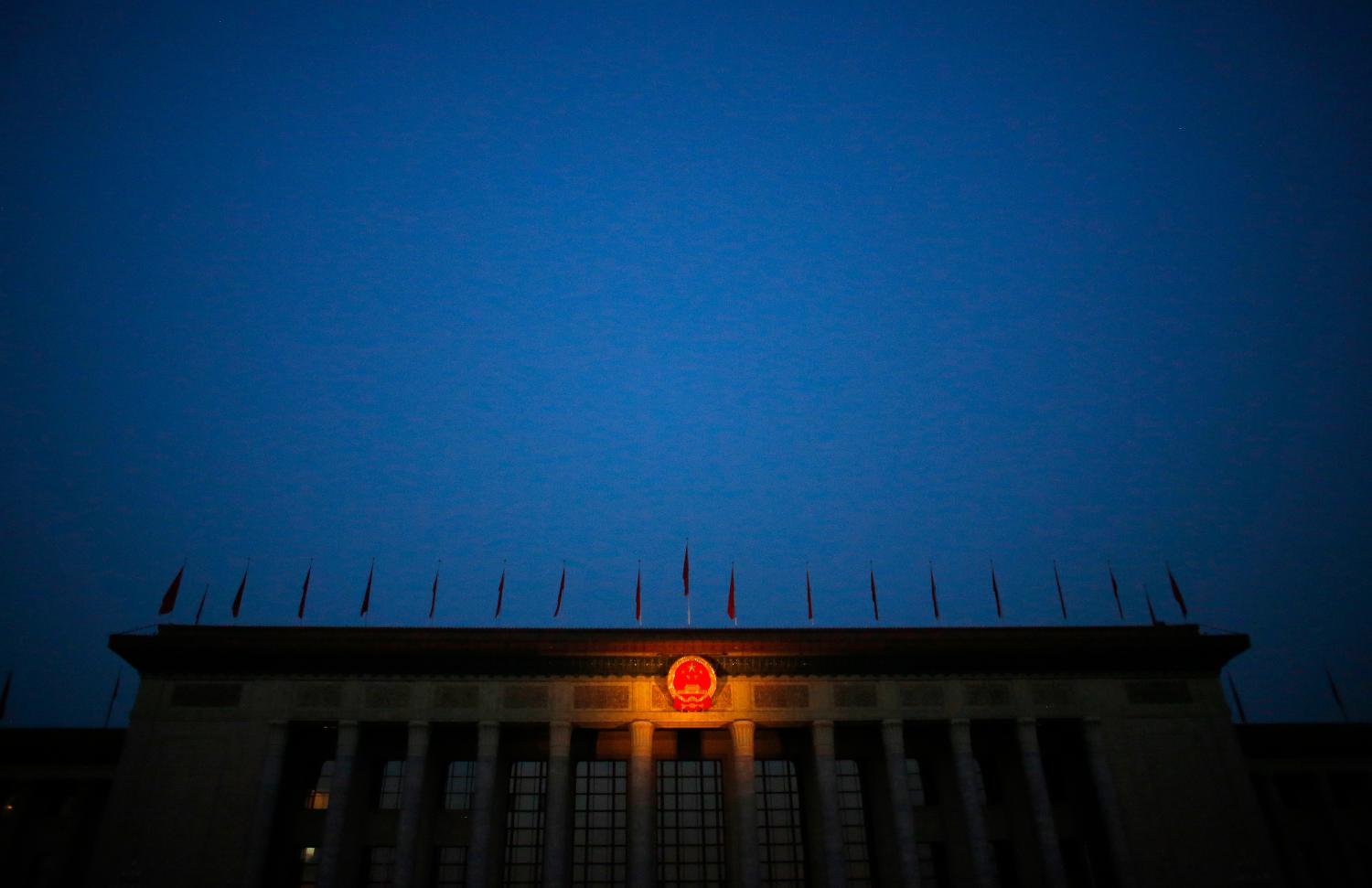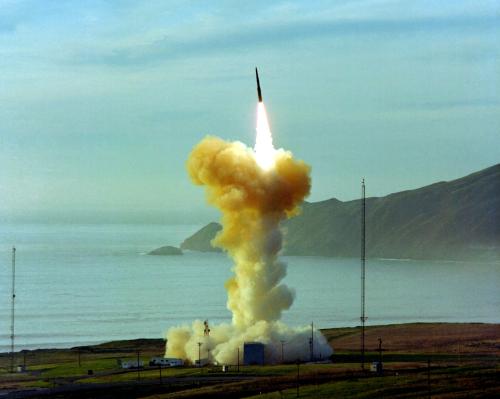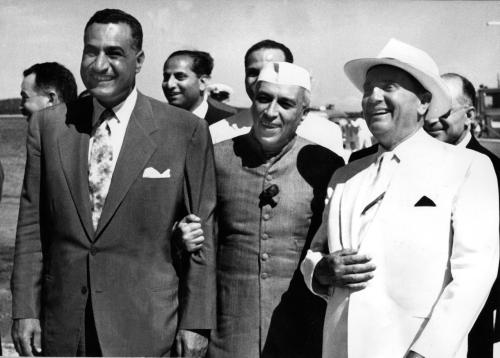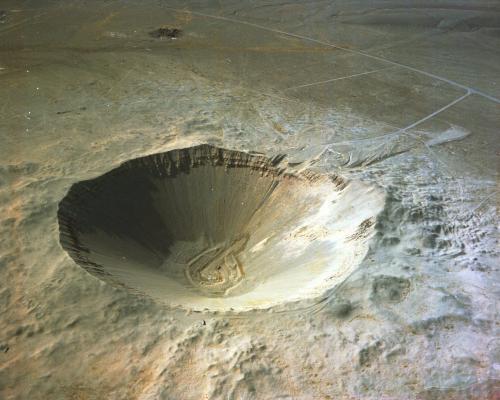Executive Summary
 For decades, nuclear weapons have been largely peripheral to U.S.-China relations, but the nuclear relationship is now growing more competitive as both countries pursue major programs to modernize their forces. China’s efforts to strengthen its relatively small nuclear arsenal seem largely oriented toward improving survivability and do not appear to constitute a shift away from the country’s long-standing No First Use (NFU) policy. Nevertheless, the improvements are provoking anxiety in Washington, which has long resisted acknowledging a state of mutual nuclear vulnerability with China.
For decades, nuclear weapons have been largely peripheral to U.S.-China relations, but the nuclear relationship is now growing more competitive as both countries pursue major programs to modernize their forces. China’s efforts to strengthen its relatively small nuclear arsenal seem largely oriented toward improving survivability and do not appear to constitute a shift away from the country’s long-standing No First Use (NFU) policy. Nevertheless, the improvements are provoking anxiety in Washington, which has long resisted acknowledging a state of mutual nuclear vulnerability with China.
The core U.S. concern is likely that improvements in China’s nuclear arsenal, even if intended only to improve survivability, will reduce the U.S. ability to limit damage in the worst-case scenario of an all-out nuclear war with China. The U.S. preference for damage limitation, largely through missile defense and counterforce capabilities, should not be taken to mean that the United States intends to start a nuclear war or that it believes it could emerge from a nuclear war unscathed. Rather, the likely U.S. objective is to make China to worry that if China starts a crisis or conflict that raises risks of nuclear escalation, the United States will have a higher tolerance for bearing these risks than China will, because of the United States’ relatively greater ability to limit the damage the United States would suffer in a nuclear exchange. Advocates of damage limitation believe that such a capability could deter China from initiating conflict in the first place—even conflict well below the nuclear threshold—and could endow the United States with bargaining advantages in any effort to coerce China if a crisis or war did break out.
Rightly or wrongly, this is likely why the United States perceives China’s ongoing improvements to survivability as threatening, especially when set against the backdrop of growing bipartisan concern about China’s broader strategic intentions, and a conventional balance that is also becoming less favorable to the United States and its allies. Understandably, however, China is also very unlikely to stop seeking a more survivable nuclear arsenal, even if its strategic aims are limited and its nuclear doctrine remains static. As a result, nuclear competition between the United States and China is almost certain to intensify. This paper explores the causes and implications of this emerging competition.
The Brookings Institution is committed to quality, independence, and impact.
We are supported by a diverse array of funders. In line with our values and policies, each Brookings publication represents the sole views of its author(s).

